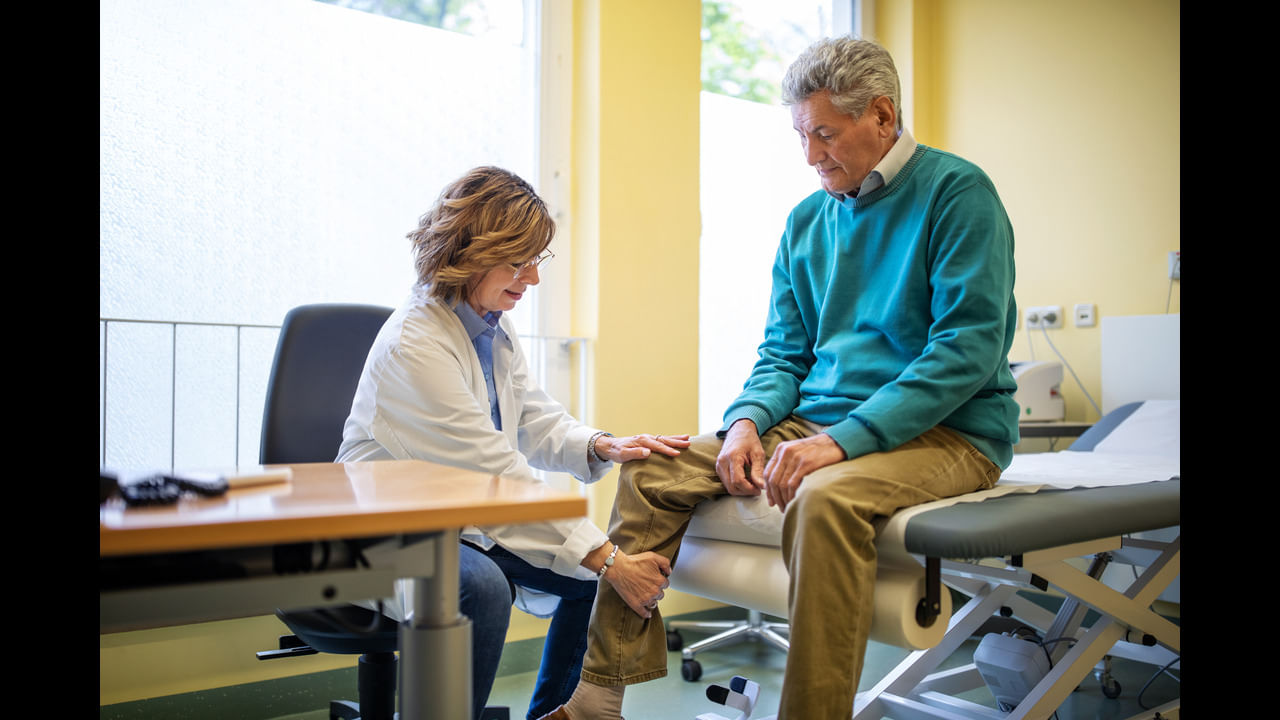By testing the AI-based model on real-world health data from people, the researchers identified the ten most important factors for predicting osteoporosis risk, including weight, age, and grip strength, along with blood pressure and habits like smoking and drinking.
The model needs more work before the AI-based platform can be used by the public to predict the likelihood of having osteoporosis, Qiu said. (Luis Alvarez/DigitalVision/Getty Images)
New Delhi: A newly developed model could predict an individual’s chances of developing osteoporosis, a disease that causes bones to deteriorate, making them weak and fragile, a study suggests.
By testing the AI-based model on real-world health data from people, the researchers identified the ten most important factors for predicting osteoporosis risk, including weight, age, and grip strength, along with blood pressure and habits like smoking and drinking.
For the model, researchers at Tulane University in the United States created a deep learning algorithm using data from more than 8,000 participants aged 40 and over in the Louisiana Osteoporosis Study, conducted at the same university.
Deep learning algorithms are a form of artificial intelligence that mimics the human brain to spot trends in large data sets.
Using the model could potentially lead to earlier diagnoses and better outcomes for patients at risk of osteoporosis, according to the authors of the study detailing the model, published in the journal Frontiers in Artificial Intelligence.
“The earlier the risk of osteoporosis is identified, the more time the patient has to take preventative measures,” said lead author Chuan Qiu, a research associate professor at Tulane School of Medicine.
Qiu said the model requires further work before the AI-based platform can be used by the public to predict the likelihood of having osteoporosis.
“Our ultimate goal is to allow people to enter their information and receive highly accurate osteoporosis risk scores so they can seek treatment to strengthen their bones and reduce further damage,” Qiu said.
Follow us on social media
